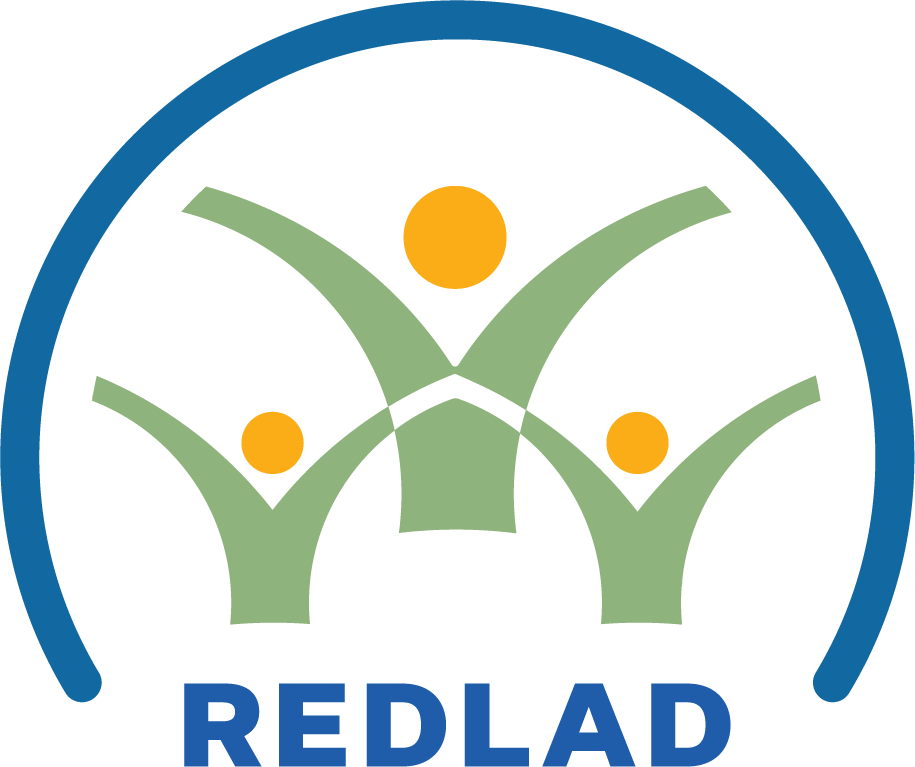By: Gina Romero – Executive Director of Redlad
On November 23rd, TAP Network, Civil Society Platform for Peacebuilding and Statebuilding (CSPPS), Namati, CIVICUS and Global Partnership for the Prevention of Armed Conflict (GPPAC), held a collective learning event called “SDG16+ In Action: Workshop with civil society for national and local leadership” in which representatives of Civil Society Organizations (CSOs) from around the world participated in a dialogue to learn about positive experiences of leadership for the fulfillment and follow-up of the Sustainable Development Goal 16 of Peace and Justice .
The dialogue, organized by regions or subregions of the world, focused on sharing at least one inspiring experience of work for SDG16, and sharing visions of the participants on the obstacles that CSOs have for their achievement, as well as ideas of local landing and national on the SDG and the possible joint action of civil society.
I was invited to present Redlad’s as an inspiring case in Latin America, and then I moderated the dialogue with participants from the region.
My presentation on Redlad’s contribution to SDG 16, Peace and Justice, focused:
- In guaranteeing inclusive, participatory and representative decision-making that responds to needs at all levels, Redlad has spent years:
-
- Strengthening the CS networking in the continent, not only strengthening the CS sector so that it can better coordinate as an advocacy block in scenarios such as the OAS and the IAHRS, but also to build bridges for collective action and the construction of common agendas between CS and other actors such as the private sector and religious leaders.
- In strengthening networks, we have managed to articulate a large network for human rights, the rule of law and democracy, called the Citizen Forum of the Americas, present today in 15 countries in the region.
- Construction and updating of civil society agendas for political incidence, and strengthening of the capacities of organizations for plural dialogue, incidence and collective action.
- Guaranteeing the inclusion of LGBTIQ people, especially trans, indigenous and Afro-descendant people in scenarios of dialogue and plural incidence in the continent, particularly OAS General Assemblies, Summits of the Americas, among others.
- In protecting fundamental freedoms, Redlad:
-
- Has supported, in alliance with other regional organizations, the preparation of thematic reports of the IACHR, such as the one on corruption and human rights.
- We led the strengthening of the capacities of various actors on the continent to participate in the IAHRS, especially in the hearings of the IACHR.
- We created bridges of inclusion and recognition of diverse actors, especially religious actors.
- In the reduction of corruption and bribery in all its forms:
-
- We created a Citizen Corruption Observatory (in coordination with the Citizen Forum of the Americas and TI chapters on the continent). The Observatory has created and disseminated 2 regional reports and 19 national reports related to the Fulfillment of the Lima Commitment, which was the anti-corruption agreement signed by the countries of the continent within the framework of the 2018 Summit of the Americas.
- These reports were built with the participation of 350 organizations from the continent, including groups that represent vulnerable actors. At the end of the year, the Observatory will also present five thematic reports associated with access to information and public procurement in a pandemic, international legal cooperation against corruption, gender and vulnerable groups in anti-corruption efforts, and the relationship between corruption and human rights.
As for the challenges that we see from Redlad for the advancement of SDG16, we find the following:
- The growth of authoritarianism and the closure of civic space on the continent is a tremendous challenge for the advancement of SDG16. Visions contrary to human rights and the rule of law, led by authoritarian governments and extremist and fundamentalist social actors, create difficulties in advancing collective agreements. Not only are laws used to control and restrict the action of civil society, but from the political and social forums, face-to-face and virtual, speeches are used based on the manipulation of understandings about freedoms and rights, such as those of expression or religion and belief, to close spaces of diversity and violate rights.
- The persecution and murder of human rights defenders creates more and more difficulties in maintaining key grassroots activism and generating new activism that guarantees the future sustainability of civil society action. This, added to the growing underfunding of the sector, endangers organized collective action in the future.

